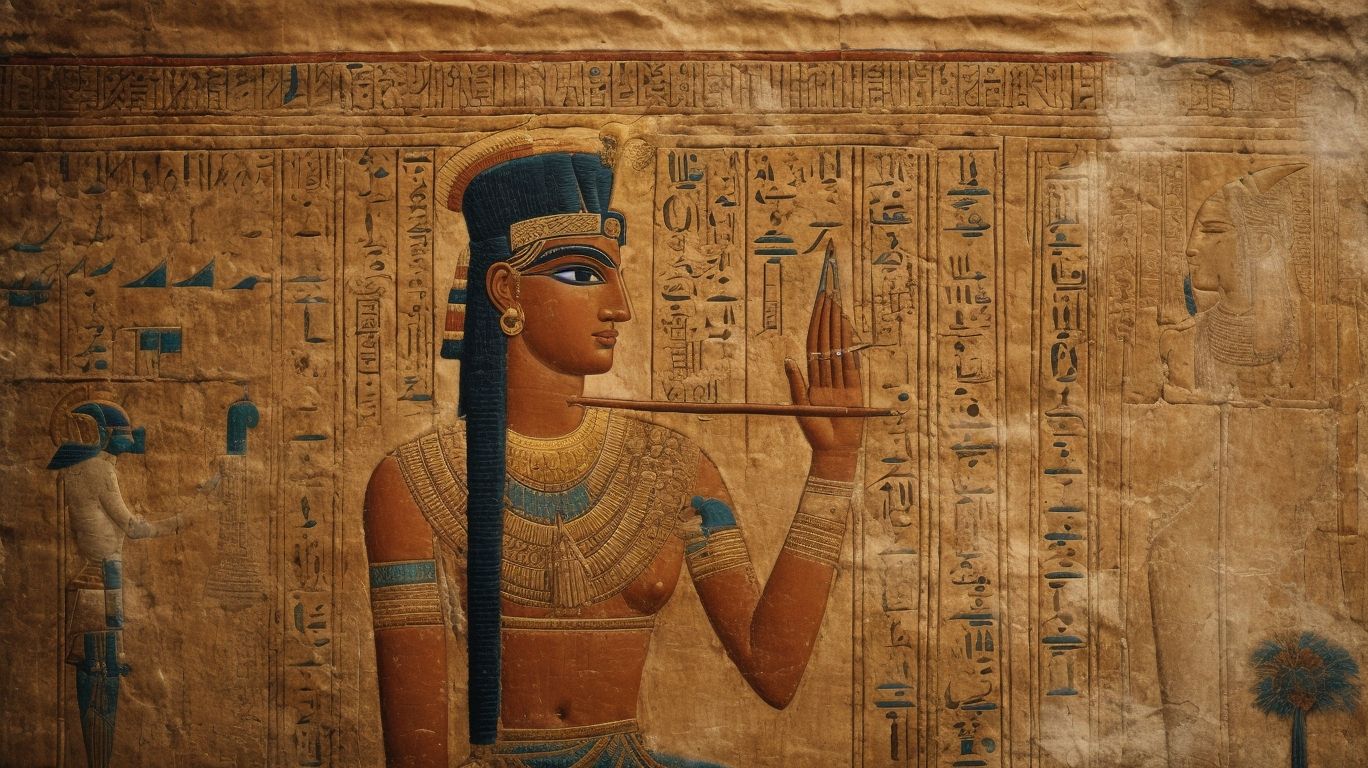
By Gouthama Siddarthan*
The other day I happened on a performance of ‘Annanmaar koothu’ (Elder Brothers Theatre), one of the Tamils’ antediluvian folk story-in-songs. This folk form assumes significance, deeply rooted in the western part of Tamil Nadu, that is, Kongu region, and narrating aesthetically designed battlefield scenes conjuring up the Indian mythological Kurukshetra Armageddon.
I have umpteen times heard the tale sung in songs. But when I got an opportunity to witness the story unfolding in the native Tamil ‘Koothu’ form, particularly when the audience was treated to the magnificent battlefield scene, I was struck by a feeling of awe that is characteristic of a response to performances of world epics.
There are, though, inconsistencies in the centre of the story-in-song which delineates the battle between two clans with their own cultural features. Yet the scenes portrayed with elegance and aesthetic charm have an inbuilt philosophical perspective. Here one could see a deft use of a much acclaimed modern theatrical technique called ‘Invisible theatre’ developed by Brazilian theatre director Augusto Boal. The much celebrated Brazilian writer-director has evolved his unique concept of theatre with several dimensions from the absence of a theatre, from the absence of a dress rehearsal and from a discourse among participants, each of whom voluntarily and unknowingly dons an actor’s robes, at public places such as tea-stalls, parks. Here the role of the audience of a TV talk show fits in aptly.
Bringing that world renowned modern theatre concept to bear on the scene in the ‘Annanmaar Koothu’, one could sense the emergence of a rare and unique theatre with a totally new dimension.
The brother-warriors, Ponnar and Sankar, die in a battle and the sad news reaches their wives. Then comes the mandatory ritual of removing the ‘Mangal sutras’ of the two women to symbolize their widowhood. But the women, who see red in the widowhood ceremony, stand ground, refusing to budge an inch on their stand. Then spurts out a torrent of words tumbling out of their tongues. They declare majestically, “Till now we have not seen the faces of our husbands, not even at the time of marriage. We did not garland them during the marriage ceremony; rather we garlanded the sword. So we infer that it is the sword that garlanded us, that is, married us. So, it goes without saying that when the sword dies, we will remove our ‘thalis’”
That scene loaded with progressive thoughts got imprinted in my mind as an indelible image that has kept on unfolding as the vortex of a conundrum just like a similar feeling triggered off by the reading of a story of Latin American writer Jorge Louis Borges.
The traditions and rituals constructed in the male chauvinistic society have always been centring around the supremacy of man and subordination of woman. The egoistic male felt shattered when the primary shackle of women, that is, the damned practice of wife stepping into the burning pyre of his husband, was thrown to the winds. The death of the age-old ‘co-death’ practice perturbed the male’s mind to the point of inventing a mental and psychological death for woman in the form of a widowhood ritual that mandates woman to forego flowers, ‘Thali’ , ‘Thilak’ and other ornaments.
But now woman rises and expresses her long suppressed fabulous feelings, thinking for years on end over the ways and means of ridding herself of this shackling cruelty of widowhood.
The ‘Invisible theatre’ begins unfolding in the midst of hands clapping and faces lighting up with joy when the audience changes into characters against the backdrop of the wives of Ponnar-Sankar debating with them.This scene can be delved deep further.
In the scene visible to eyes and minds which are steeped in the centuries-old concept of widowhood being practised in the society from time immemorial, the husbands are seen as dead. But in the ‘Invisible theatre’, in an upside-down of the image, the husbands are alive. The ‘Invisible theatre’ that I use as a metaphor does not refer to that introduced by Augusto Boal, which has an entirely different perspective.
“We have not married the fleshy form called man and so we are not bound to die when the flesh is gone. Rather we are wedded to the values of wisdom and valour. Sword is immortal as a symbol of courage. Just as there is no death for the sword, so there is no death for our lives and live values.” This is the language of women, which has been so powerfully constructed that a new dimension emerges on the horizon. The male-dominated society’s values and mores are scorned and questioned in the language of the visible theatre, which is woven as warp and woof of the folk performance.
This message dawns on me.
How I find my love for our folk arts going up a tad!
********
Translated by : Maharathi
*Gouthama Siddarthan is a noted Modern Poet, short-story writer, essayist and literary critic in Tamil, who is a reputed name in the Tamil neo-literary circle.
There are 15 books so for written and published, which include series of stories and essays.






[…] : De pez Locha a Axolotl Italian column : Multiple journeys from white void English column : levant.com Books Post Views: […]